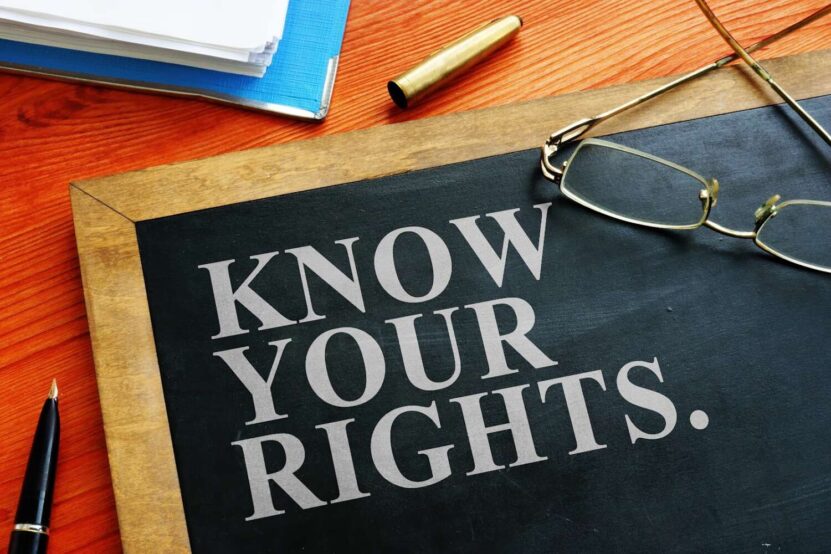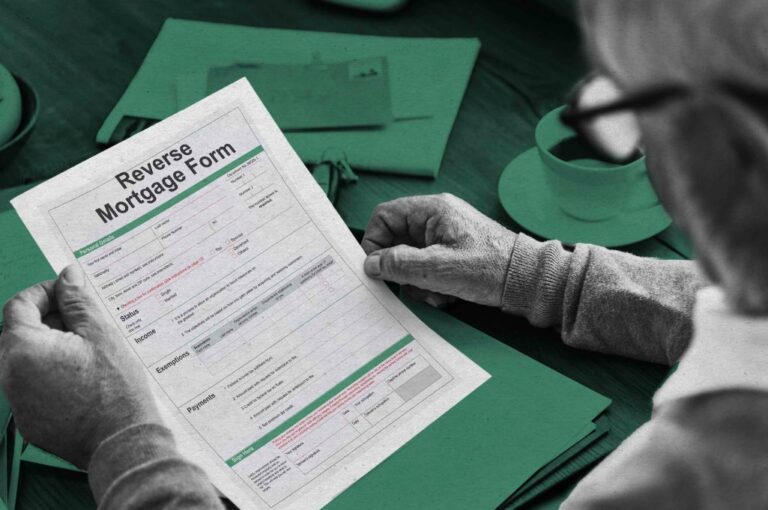Negotiating with debt collection lawyers can be daunting. It’s crucial to handle these interactions with knowledge and strategy. Understanding how to navigate these conversations not only alleviates stress but can also lead to more favorable outcomes.
This post aims to equip you with essential tips and tricks for negotiating effectively. You’ll learn about your rights, the importance of reviewing your debt details, and how to communicate and negotiate strategically. Let’s begin by understanding your rights in such scenarios.
Know Your Rights

When dealing with debt collectors, knowing your rights is paramount. Consumer protection laws, like the Fair Debt Collection Practices Act (FDCPA), provide specific rights to prevent harassment and unfair practices.
For example, you have the right to request a debt validation letter and to dispute any inaccuracies. Understanding these rights is your first line of defense. It empowers you to negotiate from a position of knowledge and confidence, ensuring that the collection process remains legal and fair.
Review Your Debt Details
Reviewing your debt details thoroughly is crucial for effective negotiation. It’s essential to confirm the accuracy of the debt amount, the creditor’s identity, and the statute of limitations associated with the debt.
Occasionally, debts are inaccurately reported or pursued beyond their legal collection period. Identifying such errors can provide significant leverage in negotiations. If you discover discrepancies, these can be grounds to challenge the debt’s validity or to negotiate a reduction in the amount owed.
Before starting any negotiation, ensure that the details of the debt are correct and complete. This step can often uncover crucial information that could turn the tide in your favor and you can read more here about it.
Assess Your Financial Situation

Evaluating your financial situation is a critical step before entering any negotiation. It’s important to understand your income, expenses, and financial obligations to create a realistic budget. This assessment will help you determine what you can afford to pay.
Being aware of your financial limits is key to making reasonable offers during the negotiation process. This awareness prevents you from agreeing to terms that are unsustainable for you. A clear understanding of your finances will also help you communicate your position more effectively to the debt collection lawyer, establishing a foundation for realistic and achievable negotiation goals.
Open Communication
Maintaining open and respectful communication with the debt collection lawyer is essential in finding a resolution. Establishing a positive line of communication can lead to more amicable negotiations. Be honest about your situation and show a willingness to find a solution.
Effective communication can help in reaching an agreement that is acceptable to both parties. It’s about finding a middle ground where your ability to pay aligns with their need to collect. Active listening and empathetic communication can also play a significant role in these interactions, potentially leading to more understanding and flexible arrangements.
Negotiation Tactics

Effective negotiation tactics can significantly impact the outcome. Consider proposing a settlement for less than what’s owed or suggesting a realistic payment plan. When making an offer, be persuasive, yet respectful. Explain your financial situation clearly and articulate why your offer is fair and reasonable.
Negotiating a reduced settlement or a manageable payment plan can be a win-win for both parties, as it provides a solution that respects both your financial constraints and the collector’s need to recover a portion of the debt. Creative negotiation strategies, such as lump-sum offers or staggered payments, can also be effective.
Document Everything
Documenting every interaction and agreement is crucial in debt negotiations. Keep records of all communications, including emails, letters, and notes from phone calls. Ensure any agreement reached is documented in writing.
This documentation serves as proof of the terms agreed upon and protects you in case of any future disputes. It’s your safety net, ensuring the agreement is honored as discussed. This practice also helps in maintaining a clear record of the negotiation progress and any changes or adjustments that are made, providing a valuable reference throughout the negotiation process.
Seek Professional Help

Sometimes, consulting a consumer rights attorney is a wise decision. If negotiations are complex or if you feel overwhelmed, professional help can be invaluable. A qualified attorney can provide legal guidance and negotiate on your behalf.
Look for reputable legal assistance, ideally someone experienced in consumer debt issues. Their expertise can often lead to more favorable negotiation outcomes. An attorney can also help interpret complex legal terms and ensure that your rights are protected throughout the negotiation process, offering peace of mind and potentially better outcomes.
Avoid Making Promises
Be cautious about making promises to pay without a clear plan. Express your willingness to resolve the issue while being realistic about your capabilities. Avoid agreeing to terms that are not feasible for you. Instead, focus on finding a middle ground that respects your financial limits and the collector’s need to settle the account.
Making promises that you cannot keep can lead to further complications and damaged credibility. It’s important to be forthright about what you can realistically commit to and to seek terms that are mutually agreeable and sustainable.
Stay Calm and Composed
Staying calm and composed during negotiations is crucial. These discussions can be emotionally charged, but it’s important to manage your emotions. Remaining calm helps in thinking clearly and making rational decisions.
Techniques like deep breathing or taking a moment before responding can aid in maintaining composure. Your emotional control can greatly influence the negotiation process. Avoiding confrontational language and keeping a level head can foster a more productive negotiation environment and prevent escalations, leading to better problem-solving and resolution.
Be Patient

Patience is vital when dealing with debt collection lawyers. These negotiations can be lengthy and may require multiple conversations. Understand that reaching an agreement might take time.
Patience allows for thorough discussion and consideration, leading to a more satisfactory resolution for both parties. Rushing can lead to unfavorable agreements, so give the process the time it needs.
Perseverance and a steady approach can often yield better outcomes, as it allows for the exploration of various options and the development of a mutually beneficial agreement. Remember, effective negotiation is often a marathon, not a sprint.
Conclusion
Negotiating with debt collection lawyers requires knowledge, strategy, and emotional intelligence. By understanding your rights, reviewing your debt details, and communicating effectively, you can navigate these negotiations more confidently.
Remember to document everything, consider seeking professional help when necessary, and stay patient and composed throughout the process. Applying these expert tips and tricks can lead to more favorable outcomes in your negotiations.







